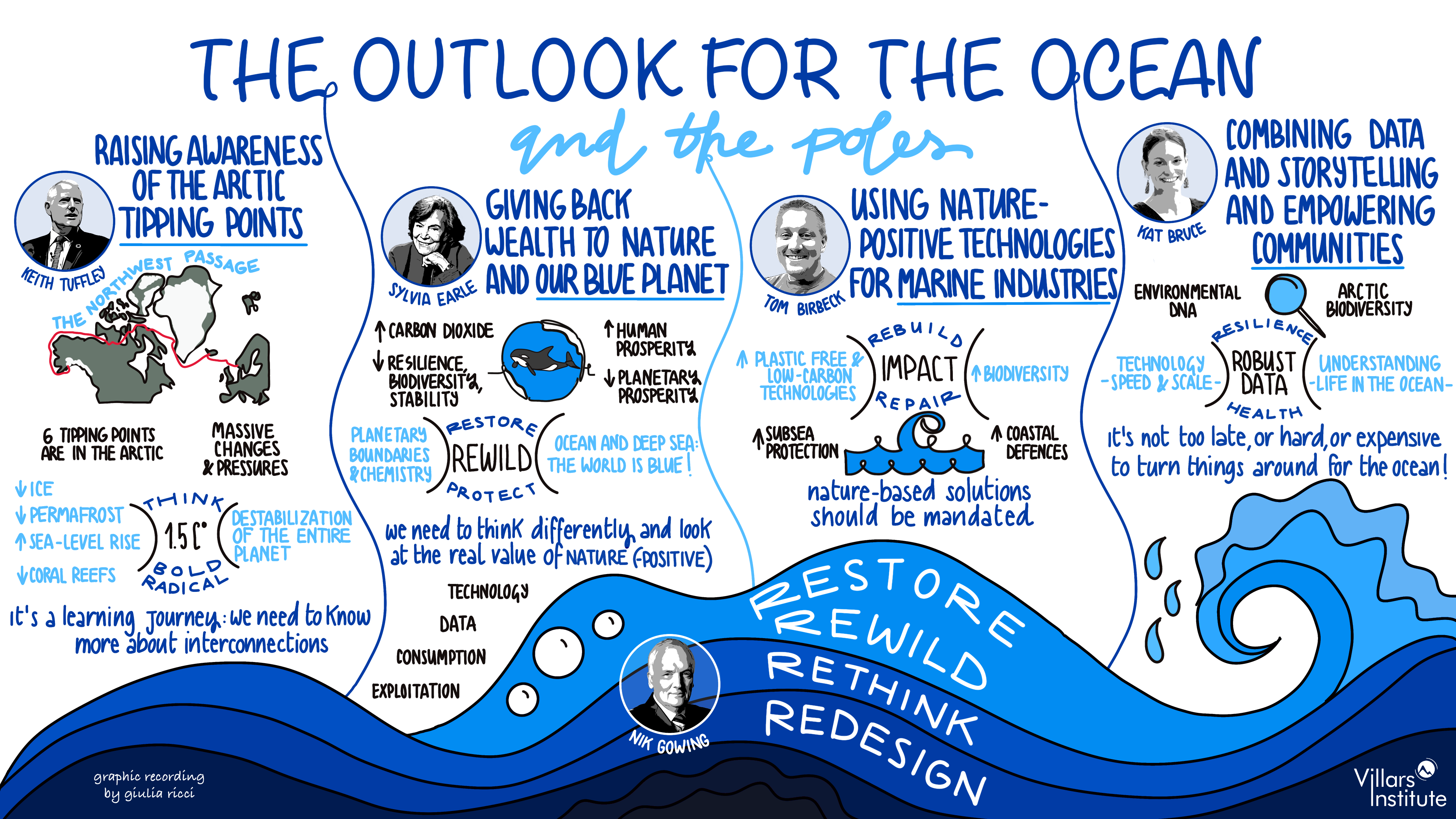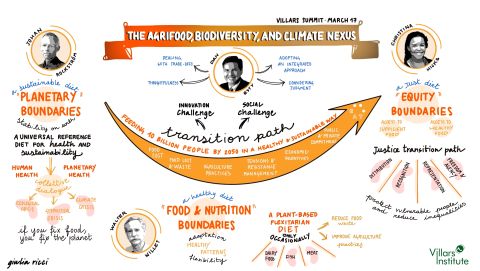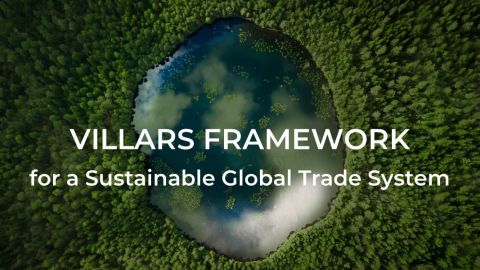Ideas from the Speakers
The Earth is blue. In the Anthropocene, we are rapidly turning it red. Our pollution, emissions, and exploitation of the seas are creating a martianesque surface of the globe. Highlighting these concerns, the panel stressed that the ocean stabilizes our fragile climate by absorbing heat and acting as a carbon sink. The idea was raised that we are working to safeguard the land, but the ocean may be receiving far less attention.
One speaker explained that our understanding of the ocean remains limited and that we are causing more damage to it than ever before. Polynesians have explored the high seas for generations and consider them a sacred place that drives planetary chemistry and stability. The expert stated that marine life is worth more alive than dead and that, as a society, we need to fundamentally alter the way we value nature. An expert described witnessing the melting of the polar ice cap while sailing the Northwest Passage, smelling bushfire smoke from Australia, and experiencing the hottest day on Earth. Their description of the butterfly effect, in which small actions can have non-linear impacts on a global scale, illuminated the interconnectedness of the globally distributed tipping points. Another expert, a collaborator on the Northwest Passage journey, described how much we do not understand: they were only able to identify 14% of the 714 invertebrates and marine plankton sampled.
The discussion transitioned to the new technology that is enabling us to better understand oceanic environments and biodiversity. A speaker highlighted the need for nature-positive technologies in marine industries. Humans have created many products that showcase impressive engineering but that have a harmful impact on the environment. Sustainable solutions should be introduced, such as concrete reef cubes that have resulted in fish populations rebounding threefold in developed undersea areas.
Now is the time to act because geopolitical pressures on the sea are rising; it is not too late, too hard, or too expensive to turn things around. Half of the ocean does not belong to anyone; we can come together to protect it because our lives depend on it.
Insights from the Audience
The discussion began with a focus on unsustainable undersea infrastructure built by ocean developers. It highlighted how cost-cutting is often prioritized, as individuals tend to overlook the long-term negative environmental ramifications as their careers are short compared to the lifespan of the structures they create. This raised a broader question of whether this short-term thinking is emblematic of humanity’s failure to plan for the long term. Another discussion explored the ability of offshore wind farms to function as protected areas. According to one panelist, although British wind farms cannot explicitly disallow fishing, the high risk to nearby electrical cables and infrastructure makes insuring fishing operations difficult and is a form of inadvertent protection. Another panelist noted that 15% of land is highly protected compared to only about 3% of the ocean. We need to “rewild” the ocean, just as we have begun to do on land, and to protect undisturbed areas.
Regarding the reevaluation of the Atlantic Meridional Overturning Circulation tipping point from 15 to 100 years, there is concern that such drastic reassessments could be confusing or discouraging. A participant asked how the scientific community can maintain public trust despite back-and-forth results. A speaker explained the learning curve to understanding tipping points and the interdisciplinary nature of climate science, which can result in occasional inconsistencies. It is important to think in the long run and recognize that patience is essential.
Another question addressed whether we can estimate an organism’s population size from a single sample. The speaker explained that a single sample is not sufficient, as different organisms release varying amounts of DNA. However, by collecting repeated samples over extended periods of time, it becomes possible to estimate population size more accurately. Furthermore, artificial intelligence helps us better understand data to uncover which preservation interventions have positive impacts and which sample characteristics are healthy.
In sum, it is critical to recognize the ocean’s role in mitigating the worst effects of the climate crisis and to increase the visibility of effective nature-based conservation solutions. The session served to emphasize the urgent need for ocean conservation. And although we have yet to fully understand the ocean, we already possess the tools necessary to protect it for the long term.









